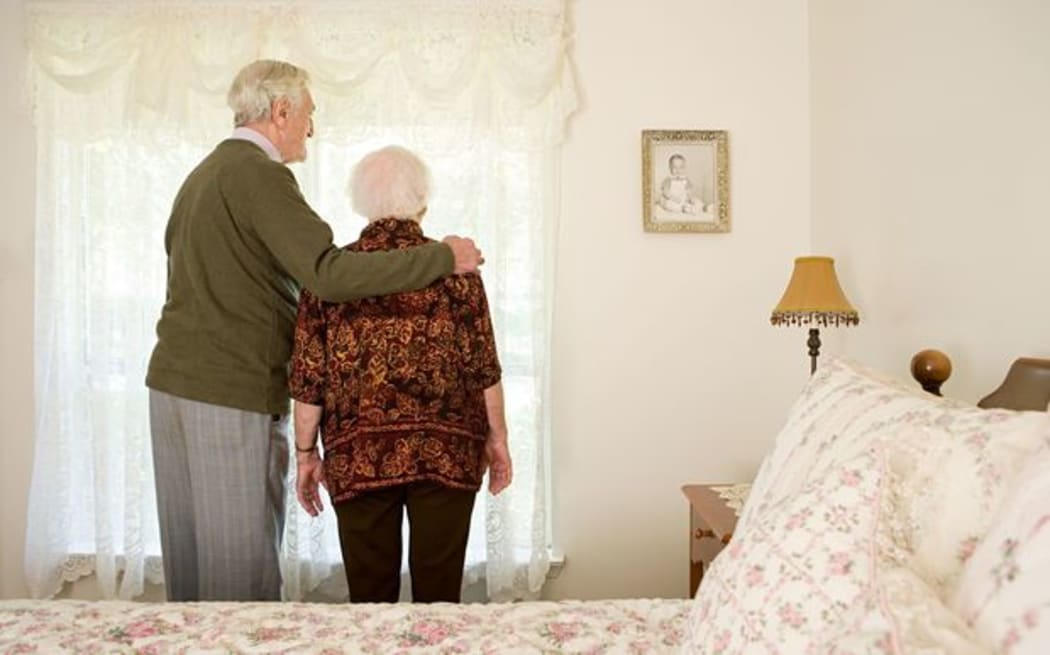Loneliness and isolation in older people is increasingly linked to poor health and shorter life spans.

Photo: 123RF
Professor Chris Phillipson talks with Kathryn Ryan about loneliness, the transition to retirement and developing age-friendly urban environments.
Professor Philipson says that in later life the majority of people experience some decline in their relationships, but it is important to distinguish loneliness from social isolation – lonely people experience a lack of 'quality' (closeness) in their relationships (often following the loss of a partner) while social isolation describes the sheer absence of 'quantity'.
“We go through life protected – most people – by a 'convoy or supporters'. The issue in later life is that convoy comes under attack – people lose partners, they lose friends. So you get to a point where your convoy is pretty diminished.”
Although New Zealand is leading the way in terms of older employees (with over 20 percent of people over 65 working) an ageing workforce also puts pressure on employers, Professor Philipson warns.
“This will demand a revolution in training – so that people get much better training from their 50s onwards to stay in the workplace for a longer period.”
He wants to shift the focus from placing older people retirement villages to developing age-friendly urban environments. Simple measures such as plenty of benches and seats designed for older people and easy, accessible transport can help a lot, he says.
“You’ll have a majority of neighbourhoods in New Zealand by the 2030s that will have more than one in five of the population 65 and over so we need to make sure those neighbourhoods are right for older people.”
The less-visible unpaid work that older people do within communities needs to be taken into account, too, says Professor Philipson.
“Communities are held up by older people as volunteers, families are held together by older people as carers. So you have to be careful, if you get people working much, much longer they’re not going to be able to continue with the same volunteering, they’re not going to be able to continue with the same amount of caring. So governments, then, have to pick up that tab.”
Professor Chris Phillipson a is Professor of Gerontotogy and former Executive Director of the Manchester Institute for Collaborative Research on Ageing.

